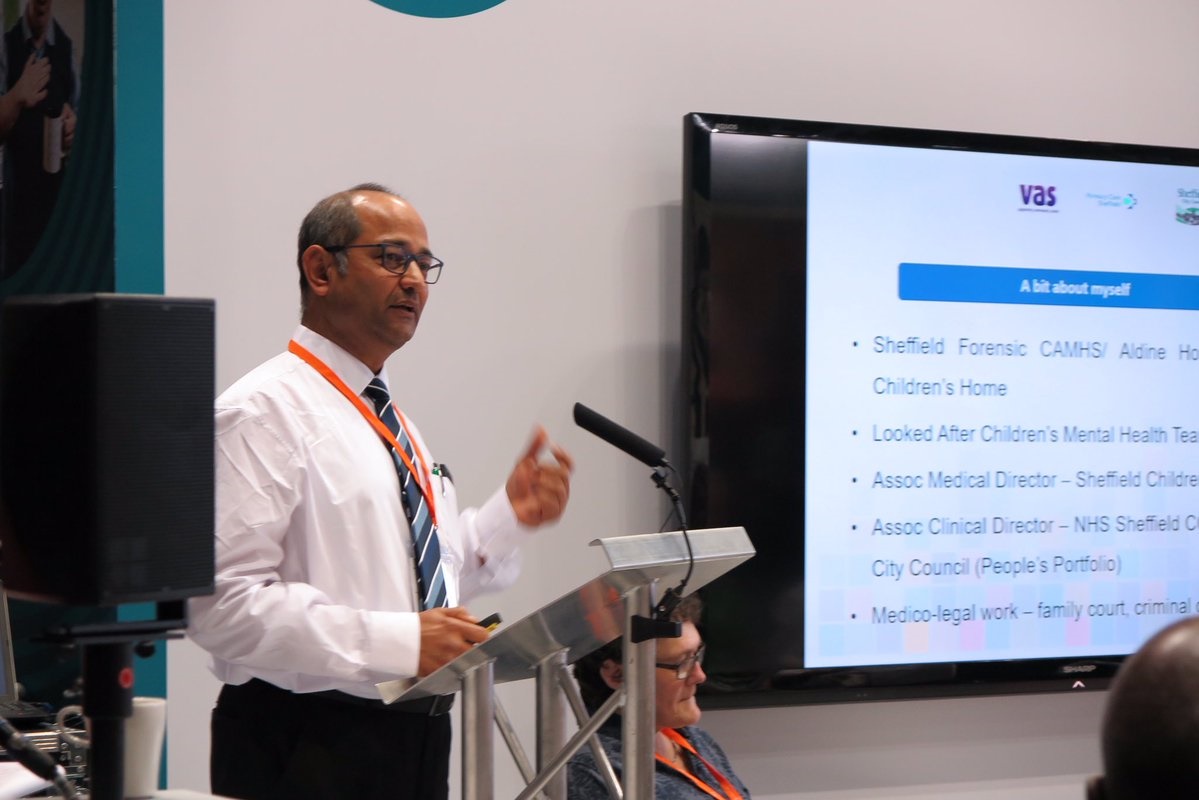19.06.19
SIX things we learned from day one at Confed19
Confed19 kicked off in Manchester today, with NHS Confederation chief executive Niall Dickson CBE calling for collaboration and change.
Confed19 is the annual national healthcare conference, with speakers and industry professionals from across the country present to give their thoughts and solutions on various issues in UK healthcare currently.
Here’s the six things we learned from Confed19 already in the first day:
Female representation is there, but not across every area of healthcare
Mr Dickson called for getting more women, people of BAME backgrounds and those with disabilities into healthcare professions.
According to Mr Dickson, 77% of the NHS workforce is female, especially in the clinical professions.
However, there were still roles within healthcare that lacked significant female representation and this was part of the reason behind his call to support them further.
More investment is necessary for the future of the NHS healthcare service
Calls were also made for a significant increase in investment into the healthcare services in this country.
Mr Dickson was keen to see greater funding for new students, of all ages and backgrounds, to train and take up healthcare professions.
The NHS is in the midst of a workforce shortage, struggling already with understaffing in a number of departments.
NHS faces challenges to meet long-term growth goals
Ahead of today’s opening day of the Confed19 conference, two significant reports were released by the NHS Confederation and the Health Organisation.
These reports suggested there would need to be an increase of at least 2.7% in hospitals funding by 2023/24 to support this growth.
Anita Charlesworth CBE, the director of research and economics at the Health Foundation, explained currently it stands at just 2.3%. In previous years, it stood at 3% on average.
UK healthcare ranking low on OECD capital spending levels
Ms Charlesworth described how the capital spending levels for the UK national health service fell far below the levels of other Organisation for Economic Co-operation and Development (OECD) members.
She said: “Our capital spending on healthcare is about half the OECD average.
“The average stands at around 8%, whereas we currently stand at just 4.5%.”
Cancer treatment and detection was a significant area pointed out where this underfunding, compared with other OECD members, stood out.

Mental health care needs to be more individual
Dr Louise Theodosiou, consultant psychiatrist in the Manchester University NHS Foundation Trust, was part of a specialist panel discussion talking in depth about what a mental health model for patients between the ages of 0-25 years should look like.
She explained: “I think what’s really important to remember when working with people is that they’re all individuals.”
Dr Theodosiou was keen to say how, as part of their Emerge team in her particular trust, they took this approach to heart in their planning of patients’ treatment plans.
Shift towards holistic, preventative approaches instead of intervention in mental health
Another speaker in that mental health talk was Dr Girish Vaitya, associate clinical director at Sheffield CCG/Sheffield City Council, who explained his approach.
Dr Vaitya described how as a healthcare provider we should aim for “a seamless continuum of care, with a personal holistic approach, not a segmented one like exists now.
“We are a health system; we don’t currently promote wellbeing. That’s something I want to change; we want to promote wellbeing.
“Most of our spending currently is on intervention, rather than prevention.”